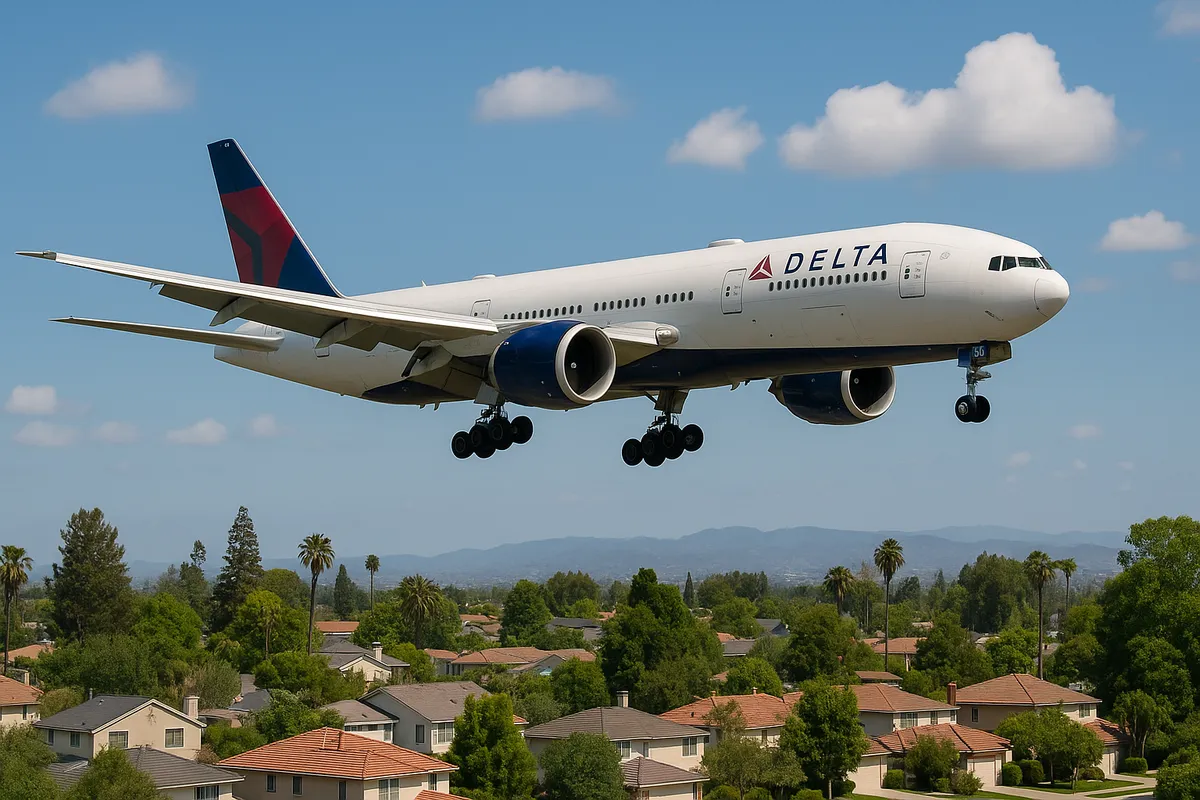Ford Motor Company Class Action over Vehicle Defect

In a recent development, a lawsuit has been filed against Ford Motor Company by George Coolidge. The plaintiff, represented by attorneys Dennis A. Lienhardt, E. Powell Miller, John G. Emerson, Stephen R. Basser, and Samuel M. Ward, alleges that Ford knowingly sold defective vehicles, posing an unreasonable risk to consumers. The case was filed in the U.S. District Courts in the Michigan Eastern District on June 19, 2023.
What Laws Did Ford Allegedly Violate?
The plaintiff accuses Ford of breaching the implied warranty of merchantability, unjust enrichment, and violations of the Magnuson-Moss Warranty Act. These are serious allegations, suggesting that Ford knowingly sold vehicles that were unfit for their intended purpose. The plaintiff states, 'Ford Motor Company sold and leased vehicles with a defect that renders them unsafe and unfit for their intended purpose.'
The Magnuson-Moss Warranty Act is a federal law that protects consumers from deceptive warranty practices. If Ford did indeed violate this act, they could be liable for damages and other monetary relief.
What Led the Plaintiffs to File the Lawsuit?
The plaintiffs allege that Ford was aware of a defect in the vehicles they sold but failed to disclose it to the consumers. The defect allegedly posed an unreasonable risk of harm to the consumers, which led to the filing of this lawsuit. The plaintiffs claim, 'Ford was aware of the defect and failed to disclose it to Plaintiffs and the proposed class.'
This alleged concealment of the defect is at the heart of the lawsuit. The plaintiffs believe that if they and other consumers had been aware of the defect, they would not have purchased the vehicles or would have paid less for them.
Who Are the Class Members in This Case?
The class members in this case are all individuals or entities who purchased or leased one or more model year 2020-present Ford Explorer 2.3L or 3.0L ST vehicles, referred to as the 'Defective Class Vehicles'. These are the consumers who have allegedly been wronged by Ford's conduct and are seeking damages.
The class members are eligible in the states of New York and Colorado, as there are separate State Sub-Classes for each of those states. The specific criteria for being a part of the class is that they must have purchased or leased one of the Defective Class Vehicles.
What Damages Are the Plaintiffs Seeking?
The plaintiffs are seeking damages and other monetary relief on behalf of the Nationwide Class and State Sub-Classes. Although the exact dollar amount has not been stated in the complaint, it is understood that it will be at least five million dollars.
These damages are sought for the alleged overpayment for the vehicles at the point of sale. The plaintiffs claim that they and other consumers either overpaid for the vehicles or would not have purchased them at all if they had been aware of the defect.
What Could Be the Next Steps in the Case?
As the case progresses, it will be interesting to see how Ford responds to these allegations. If the court finds in favor of the plaintiffs, Ford could be liable for significant damages and may be required to change their practices.
However, it's important to remember that these are only allegations at this stage. Ford will have the opportunity to defend itself in court and it remains to be seen whether the plaintiffs will be able to substantiate their claims.

.webp)
.webp)
.webp)

.webp)
.webp)
.webp)
.webp)
.png)






.webp)





.svg)